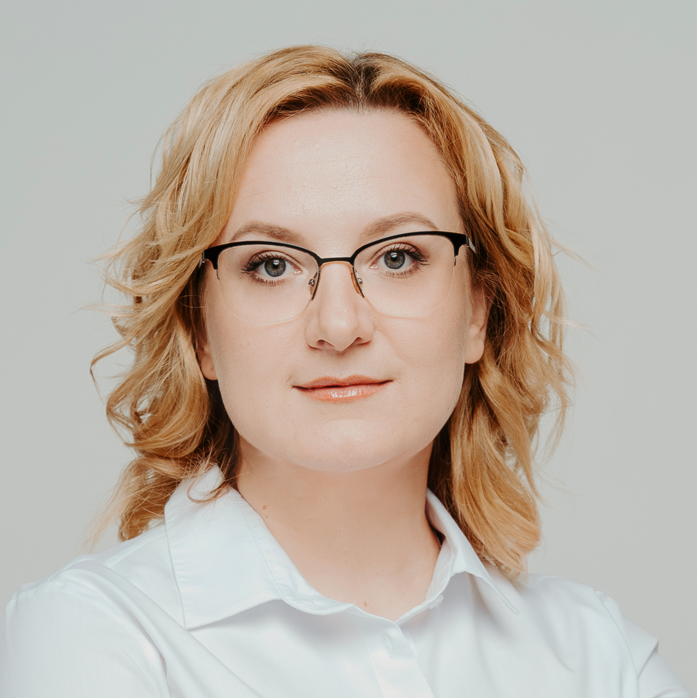Why do you think large corporations spend billions and billions of dollars on marketing? Why did Coca-Cola, which is already well known all over the world, spend $4.3 billion on advertising and PR activities in 2019? Maybe it would be better to save money and direct the burdensome marketing budget to making drinks cheaper?
Zero price effect
Finding answers to these questions on the scale of a multinational corporation, let alone understanding them, is not easy. There is no escaping complex economic terminology, such as Return on Marketing Investment (ROMI) and other fancy terms.
It's much easier to understand complex concepts with simple examples. Has anyone ever measured the cost of time spent watching ads on YouTube because they don't want to spend a few hundred hryvnias on a premium subscription? And that's fine if it's about leisure, but if you're looking for a recipe for a delicious dinner for the family. Or a video tutorial on how to remove an error from a washing machine? It may turn out that the 99 hryvnias saved per month are actually bringing you losses.
This is partly confirmed by the results of a study by researchers at Tel Aviv University, who analyzed almost 50,000 real estate ads on the local online classifieds platform YAD2. Something like our Lun.ua or Dim.Ria.
They were interested in what quantitative consequences the “zero price effect” leads to. In marketing theory and practice, the latter is used as an important anchor for attracting customers. After all, “free” is incredibly attractive. For example, promotions of digital products with the first free month or a limited set of features are built on this principle.
In 2019, a survey by the National Retail Federation (NRF) found a sharp increase in the proportion of online shoppers who expected free shipping on orders under $50. In just one year, that number increased from 68% to 75%. That’s what the “zero price effect” is from the perspective of a seller of a product or service.
Marketing for everyone
But from the consumer's side, everything looks different. Let's return to the study by Israeli scientists. First of all, they stated that the absolute majority of people (95%) who place real estate ads use the basic free options of the YAD2 platform. Obviously, the zero-price effect is working.
But those who still paid $35 to $70 for premium features not only didn't lose anything, but also gained a lot. Such sellers received:
- 117%-130% more clicks on ads;
- 108% to 122% more clicks on the phone number after viewing the ad;
- 10-18% more likely to sell daily.
In the end, the value of their real estate sales transactions turned out to be 3.5%-3.8% higher than for similar properties with free accommodation. Given the cost of housing in Israel, this is equivalent to 12-13 thousand US dollars. Agree, not a bad return on the invested $70.
Of course, this is just a specific example, relevant in absolute terms only for a specific market and conditions. In addition, it is not known how the above figures would change if premium features were used not by 5% of consumers, but, say, by half. Nevertheless, this is a very clear example that demonstrates how much free services really cost.
Of course, I'm not suggesting you subscribe to every possible online service and refuse free offers. But often, careful calculation can lead to quite unexpected conclusions.
And, supposedly, saving on a subscription, say, for a package of services to a bank card or the same YouTube, will only be worth the additional costs in life. By the way, the same concept can be applied to insurance. It would seem, why buy health insurance and spend thousands of hryvnias every year, if the last time the illness was a hassle six months ago. And even then because of a trivial runny nose. But when treatment is really necessary, expensive medications or procedures can literally knock out the entire family budget, pushing you to extremely dangerous financial decisions.
After all, every life question, every financial decision should be based on an objective assessment. And yet, you shouldn't agree to the first offer you come across just because it's worthless.










